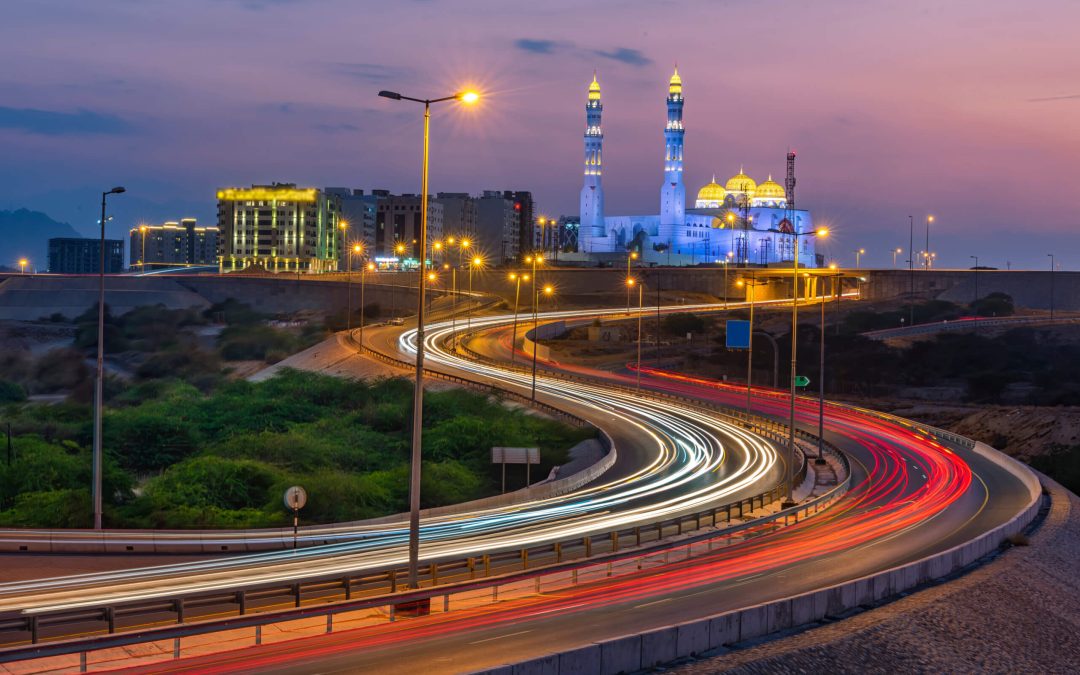Oman today_ The capital of Oman, Muscat, has climbed two places in the 2025 Global Cities Index (GCI), reaching 112th globally. This index evaluates a city’s ability to attract and retain capital, talent, and ideas and convert them into global flows. Muscat has risen 14 places since 2022, reflecting a steady trend of urban development and investment attraction. The GCI, compiled by the global consulting firm Kearney, assesses the performance of 158 cities worldwide across five key dimensions: business activity, human capital, information exchange, cultural experience, and political engagement.
In this ranking, the top five cities—New York, London, Paris, Tokyo, and Singapore—remain at the forefront. Their stability is attributed to investments in digital infrastructure, climate resilience, and institutional agility. Meanwhile, emerging cities such as Almaty, Taipei, and Rio de Janeiro are climbing the ranks through targeted investments in logistics, air transport, and services, indicating a shift toward regional distribution of urban influence.
The report also highlights that personal well-being has declined in many Western cities due to rising inequality, healthcare pressures, and social unrest, whereas Gulf cities like Dubai, Abu Dhabi, and Riyadh have seen significant growth through investments in quality of life and infrastructure. Among them, Dubai has maintained its position at 23rd globally, continuing to be a major commercial, financial, and cultural hub; Abu Dhabi has gained 10 places to rank 49th, Doha retains its 51st position, and Riyadh has risen eight places to 56th, reflecting growing economic activity and connectivity supported by ambitious transformation programs. Additionally, Manama has risen ten places to 125th, while Kuwait has dropped four places to 90th.
According to Rudolph Lohmeyer, Senior Partner at Kearney, “What matters in this ranking is not just which cities moved up or down, but why. Cities are no longer defined solely by size or traditional advantages. Their success now depends on their ability to cultivate talent, build trust in digital systems, and create livable environments resilient to volatility. The Gulf’s growth trajectory is a clear example of how a strategic combination of these factors can dramatically improve a city’s global standing in a short period of time.”

